Purina ONE Natural, Sensitive Stomach Dry Dog Food, +Plus Skin & Coat Formula
Sensitive skin dog food features real salmon as the number 1 ingredient. Salmon dog food recipe is easily digestible for dogs with sensitive systems. Kibble dog food contains vitamin E and Omega-6 fatty acids to promote skin and coat health.
Calorie Content (Calculated) (ME): 3803 kcal/kg, 438 kcal/cup. Purina ONE SmartBlend Sensitive Systems Formula is formulated to meet the nutritional levels established by the AAFCO Dog Food Nutrient Profiles for maintenance of adult dogs. Inspired by nature, advanced by research. Veterinarian recommended. Protein-rich. Crunchy kibble. Real salmon is No. 1 ingredient. Gentle ingredient blend nourishes inside & out. 0% fillers. 100% nutrition complete & balanced adult dog food. Natural + vitamins & minerals. See the differences Purina One SmartBlend can make. Targeted Nutrition Helps Nourish Inside & Out: A gentle blend with salmon, rice, oat meal and other high-quality ingredients provide nutrition that’s easy-to-digest. The addition of vitamin E and omega-6 helps promote skin and coat health. 100% nutrition for adult dogs and 0% filters means every ingredient serves a purpose. That’s what makes SmartBlend smart. Strong Immune System: Supported by an antioxidant blend of vitamins E & A and minerals zinc & selenium. Highly Digestible: More nutrition goes to work inside, so you may see smaller, firmer stools. Strong Muscles, Including a Healthy Heart: Supported by high-quality sources of protein, including real salmon as the No. 1 ingredient. Healthy Energy: Supported by the natural SmartBlend of nutrition in every bag. Bright Eyes: Supported by vitamins E & A. Healthy Teeth & Gums: Crunchy kibble cleans teeth & helps keep gums healthy. Healthy Joints: Supported by a natural source of glucosamine. Taste: Crunchy bites help keep him coming back meal after meal. What difference will you see? him coming back meal after meal. Every ingredient has a promise. PurinaOne.com/ingredients. Purina – Your pet, our passion. The Purina Promise: Our promise to you is sealed inside every package – including this one. Every ingredient we source and every facility we own is held to our highest standards for quality, safety and the never-ending pursuit of breakthrough nutrition. Pets are our passion. Safety is our promise. Progress is our pledge. Follow us at Purina.com. See the Difference: Guaranteed: We’re so sure you’ll see a healthy difference in your dog, we’re offering a money-back guarantee. If this product has not met your expectations, we will gladly refund your purchase price. Cut out the best if used by date box and weight circle from this bag. Send within 60 days of date on receipt along with your original purchase receipt with the price circled, a brief explanation of why you were dissatisfied with the product, and your name and street address (PO Box not accepted) to: Satisfaction Guarantee, Office of Consumer Affairs, PO Box 2530, Largo, FL 33779. Offer good only in USA, APOs and FPOs. Purina.com. Learn how to recycle this bag. Visit how2recycle.info. Twitter. Facebook. We’re listening. Visit us online at purina.com or call 1-866-Purina (1-866-787-4621).
- Sensitive skin dog food features real salmon as the number 1 ingredient
- Salmon dog food recipe is easily digestible for dogs with sensitive systems
- Kibble dog food contains vitamin E and Omega-6 fatty acids to promote skin and coat health
- Purina ONE is veterinarian recommended
- Purina ONE dry dog food has 0 percent fillers and 100 percent nutrition
- High protein dry dog food helps support strong muscles, including a healthy heart
- Antioxidant blend helps sustain a healthy immune system
Additional information
| Country of Origin | Made in USA |
|---|---|
| Breed Size | Small, Medium, Large, Extra Large |
| Flavor | Salmon |
| Life Stage | Adult |
| Primary Flavor | Salmon |
| Manufacturer Part Number | 1780014927 |

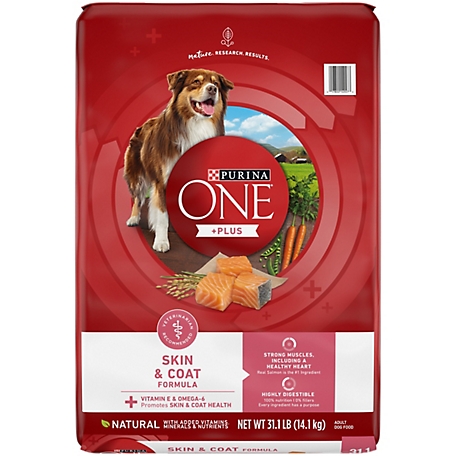
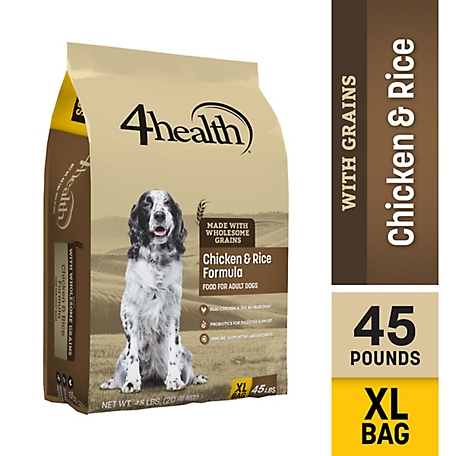
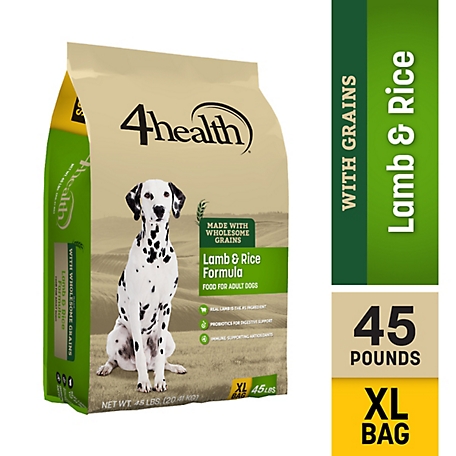
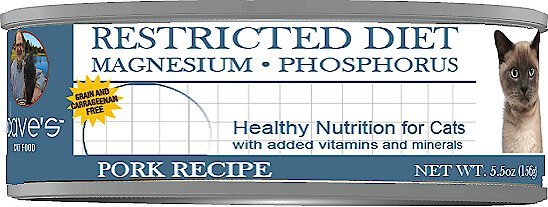
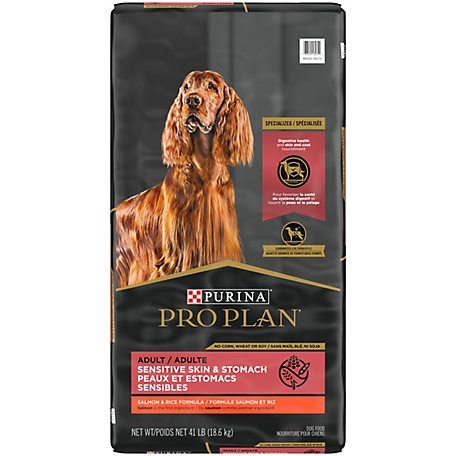
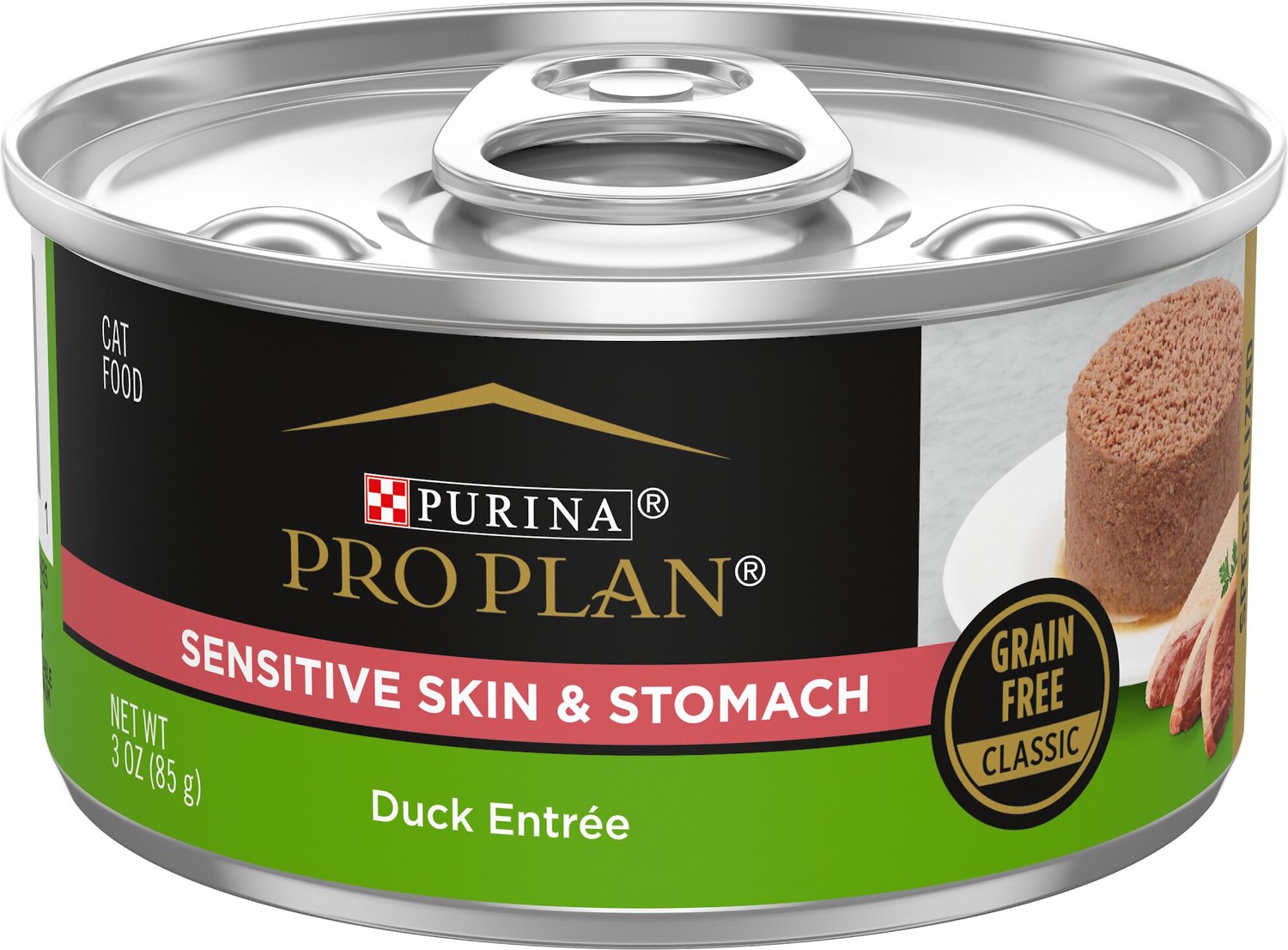
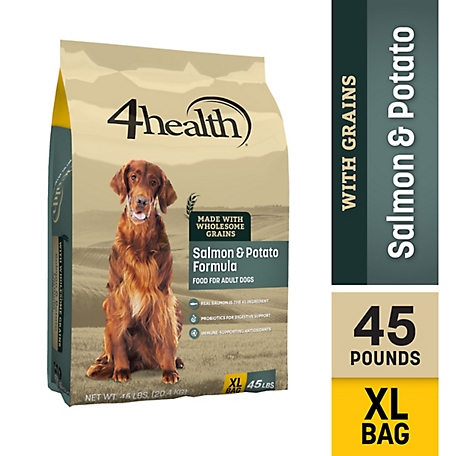
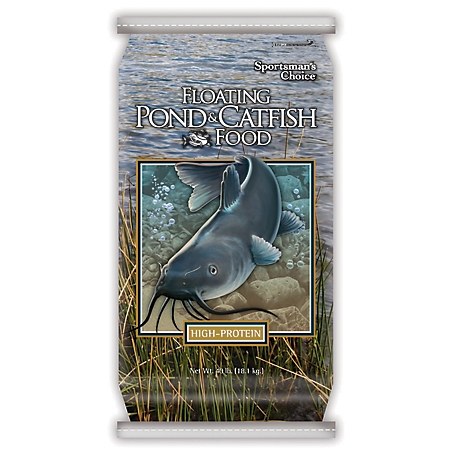
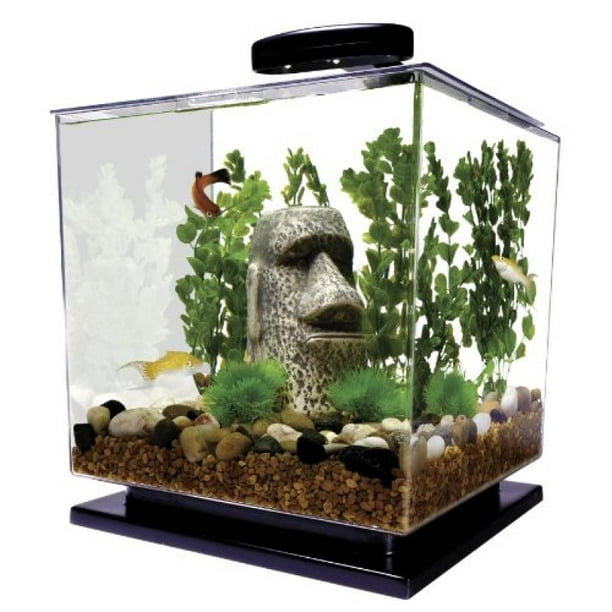
by Dawn
After a few weeks on the salmon which we do add to Pro Plan beef, we have noticed a difference in our German Shepherd’s coats. they are silky, shiny and healthy.
by Nya
Dogs love it, good for my boxer’s Sensitive stomach.
by Vanessa
Great food my dogs love it.
by Dave
Great dog food so far. The pup seems to like it much more than our 10year old Queensland. Pretty good deal in comparison to others.
by Melissa
Excellent! My dog loves his new food!